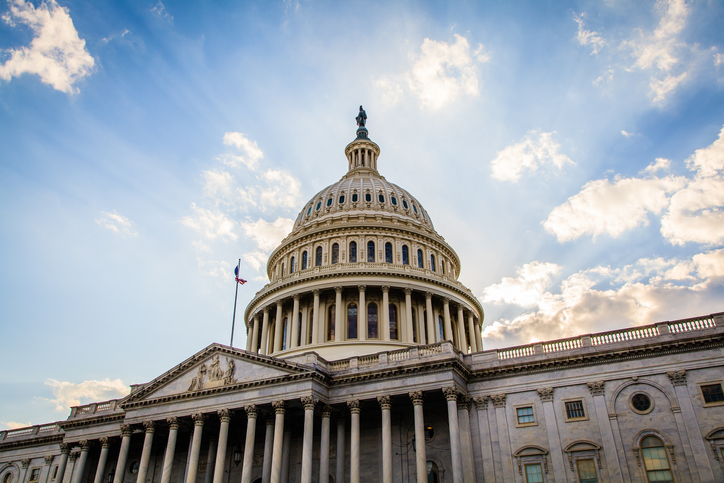
Health Impacts Loom as Government Shutdown Continues
The current partial federal government shutdown has become the longest in U.S. history. IDSA and HIVMA remain very concerned about the health impacts of the partial shutdown, and we continue to call on the House and Senate to work together to strike a deal to reopen the government. IDSA and HIVMA have also joined with the broader public health community to amplify to President Trump and Congress the urgent need to open federal government agencies.
The partial shutdown has put programs protecting global and domestic public health in jeopardy. Programs across the U.S. Department of State and the U.S. Agency for International Development are without funding allocations for 2019, including PEPFAR, and USAID’s global TB program. While existing funding is currently maintaining many overseas operations, further budget delays are expected to cause disruptions to care, with serious public health implications.
The U.S. Food and Drug Administration has furloughed employees (although recently called some back to work without pay) and suspended important services not covered by user fees, including some food inspections, increasing risks of foodborne illnesses. In addition, the Indian Health Service has scarce resources available for clinical services, and the food assistance programs that patients with HIV patients rely on, such as Supplemental Nutrition Assistance Program (SNAP) and the Special Supplemental Nutrition Program for Women, Infants and Children (WIC) are expected to run out of funding by March.
IDSA and HIVMA will continue to push Congress to reopen shuttered agencies and fully fund vital global health programs in the FY2019 State and Foreign Operations (SFOP) appropriations bill as well as the FDA until the partial shutdown comes to an end. We will also urge the House and Senate to provide robust funding in FY2020 for all domestic and global public health programs and research critical to protecting us from infectious diseases, including those at the Department of Health and Human Services, the State Department, USAID, and the Department of Defense.

